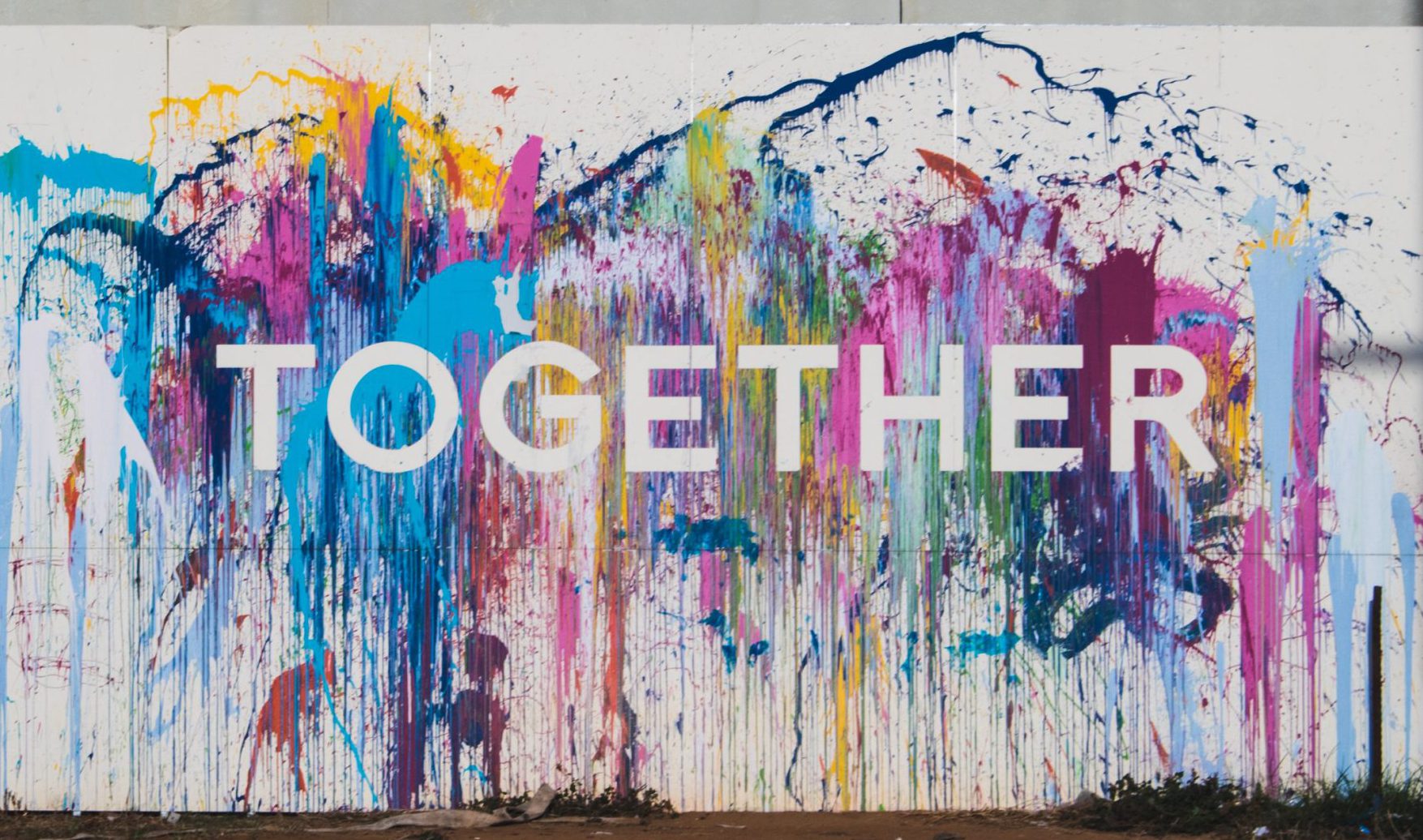Expert in energy efficiency and machine learning wanted!
JOB DESCRIPTION
- Participates in the development and integration of DDF and AI algorithms into the Dybee platform.
- Participates in various R&D projects and the integration of various AI modules.
- Participates in the development and production of didactic and technical material related to the DYBEE solution.
- Participates in the development of a Python structure to interconnect and analyze the data of the Dybee platform.
- Can participate in all stages of energy optimization projects.
- Can participate in the various stages of business development, among other things, make presentations of the DYBEE solution to potential partners or customers.
- Can participate and carry out training for users.
- May be called upon to write blog posts related to the field of AI-assisted optimization.
- Perform all other duties related to the position and/or as required by management.
WORKPLACE
- Remote work.
- The Employee may have to, as part of his/her duties and responsibilities, to work in different geographical locations other than the place of work designated above.
WORK SCHEDULE
- 35 hours per week, 7 hours per day, 5 days a week, Monday to Friday.
- The work schedule may vary or be modified depending on the nature and extent of the Employee’s duties and responsibilities, as well as on the needs arising from the Employer’s operations.



